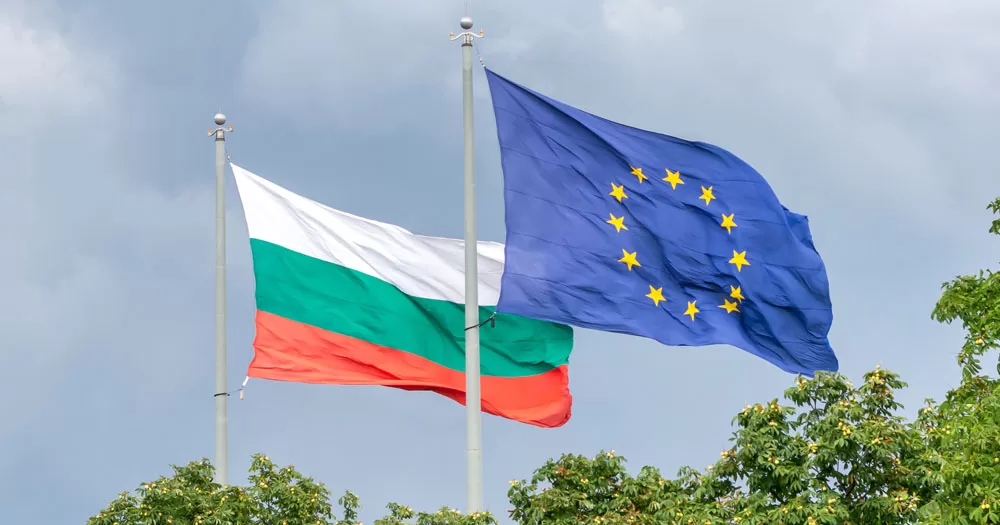The European Court of Human Rights (ECtHR) has ruled in favour of a same-sex couple, acknowledging that Bulgaria had failed to recognise them as legally married abroad.
The case, taken by Darina Koilova and Lily Babulkova, sought to have their marriage recognised by the Bulgarian Civil Registration Act after the Metropolitan Municipality had refused their application in 2017.
The couple, who legally married in the UK in 2016, filed a case in the Metropolitan Administrative Court, which confirmed the refusal of the Metropolitan Municipality of Sofia. in 2019 the decision was also upheld by the Supreme Administrative Court.
In their appeal to the ECtHR, Koilova and Babulkova claimed that the decision was in breach of their right to respect for private and family life protected under Article 8 of the European Convention on Human Rights – the same article that David Norris used in his successful case against Ireland in 1988.
They also argued that the inability to obtain legal recognition of their marriage constitutes discrimination based on sexual orientation.
The Strasbourg court ruled that, in the absence of official recognition, same-sex couples in Bulgaria could not access essential rights such as those related to aspects of property, alimony, protection from domestic violence and inheritance rights.
The ruling, which was unanimously decided upon by all seven of the presiding judges, stated: “It is clear to the Court that to date the Bulgarian authorities have taken no steps to have adequate legal regulations adopted with regard to the recognition of unions between persons of the same sex.”
Although the judgement does not require Bulgaria to introduce same-sex marriage, it mandates that state legislators create a legal framework to allow same-sex couples adequate recognition and protections.
In a statement released on social media, LGBTQ+ activist group Deystvie described the decision as “historic”, saying the country now has “a positive obligation to create a legal framework guaranteeing the effective exercise of the rights enshrined in Article 8 of the ECHR”.
Highlighting the need for the new framework, it continued, “Many couples in Bulgaria find themselves in a legal vacuum, because on one side of the border they are husband and wife, and on the other side – in the territory of the Republic of Bulgaria – they have no legal relationship.”
They concluded by saying, “Thanks to Lily and Darry who led the fight for an entire community. We also thank everyone who has supported us so far!”
© 2023 GCN (Gay Community News). All rights reserved.
Support GCN
GCN is a free, vital resource for Ireland’s LGBTQ+ community since 1988.
GCN is a trading name of National LGBT Federation CLG, a registered charity - Charity Number: 20034580.
GCN relies on the generous support of the community and allies to sustain the crucial work that we do. Producing GCN is costly, and, in an industry which has been hugely impacted by rising costs, we need your support to help sustain and grow this vital resource.
Supporting GCN for as little as €1.99 per month will help us continue our work as Ireland’s free, independent LGBTQ+ media.
